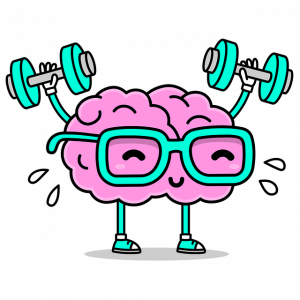Adverse Childhood Experience (ACE’s) are traumatic events in childhood that can have a profound impact on future health.
Experiencing ACEs can have an impact on our future physical and mental health, and often ACEs can be barriers to healthy attachment relationships forming for children. Some of the effects of ACEs on our physical and mental health can lead to:
An increase in the risk of certain health problems in adulthood, such as cancer and heart disease, as well as increasing the risk of mental health difficulties, violence and becoming a victim of violence.
An increase in the risk of mental health problems, such as anxiety, depression, and post-traumatic stress. 1 in 3 diagnosed mental health conditions in adulthood directly relate to ACEs.
The longer an individual experiences an ACE and the more ACEs someone experiences, the bigger the impact it will have on their development and their health.
Having multiple ACE’s can have a detrimental impact on future health leading to poorer outcomes.
So what are ACE’s? :
Physical abuse
Sexual Abuse
Emotional Abuse
Living with someone who abused drugs
Living with someone who abused alcohol
Exposure to domestic violence
Living with someone who has gone to prison
Living with someone with serious mental illness
Losing a parent through divorce, death or abandonment
The good news is that ACE’s are preventable and one way is by Positive Parenting. Early learning and development are important for a child’s brain and 90% of a child’s brain growth happens before the age of 5. Right from the start, all those little moments that parents and carers spend together with a child are building their brain. Every smile, cuddle, chat and game makes a huge difference, helping them learn to communicate, develop confidence and make friends.
If you are struggling with anxiety, depression or PTSD and would like to find out more about how hypnotherapy can help, please get in touch.
